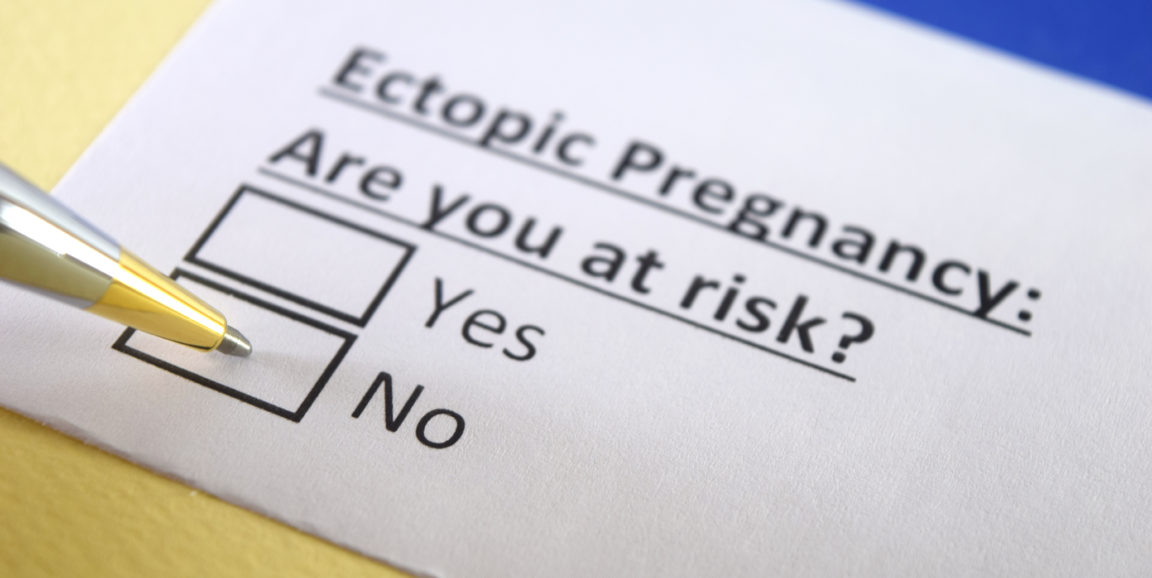Taking benzodiazepines -- drugs such as Xanax or Valium -- within 90 days before conception raises the risk of a life-threatening condition known as ectopic pregnancy by 47%, according to an investigation led by Stanford postdoctoral researcher Elizabeth Wall-Wieler, PhD. The study was published this month in Human Reproduction.
Ectopic pregnancy refers to a pregnancy in which the embryo settles outside of the uterus, typically stopping in a fallopian tube and never continuing on to the womb. About 126,000 or 2% of the roughly 6.3 million pregnancies in the United States each year are ectopic pregnancies, Wall-Wieler told me.
The condition leads to the loss of the developing embryo and can cause life-threatening blood loss if a fallopian tube ruptures; 6 to 13% of women's deaths related to pregnancy are caused by ectopic pregnancies.
One reason Wall-Wieler focused the study on benzodiazepines is that the drugs are already known to heighten the risk of some other pregnancy problems, including miscarriage and preterm birth. Another was that the drugs are widely used -- commonly prescribed for sleep problems, anxiety, seizures and muscle spasms.
To investigate the impact of these drugs on ectopic pregnancy, Wall-Wieler and her collaborators used an insurance database of 1,691,366 pregnancies to track prescriptions for benzodiazepines in the 90 days before conception. Nearly 18,000 of the women had used the drugs; and based on the team's analysis, these women were 47% more likely to have an ectopic pregnancy than those who did not have a prescription for benzodiazepines.
How to recognize an ectopic pregnancy
An ectopic pregnancy can cause abdominal pain and vaginal bleeding, but often women don't realize there's a problem until the growing embryo causes a fallopian tube to rupture. Health care providers can use vaginal ultrasounds to spot an ectopic pregnancy before the condition reaches such a dangerous pass.
Wall-Wieler said she hopes her research will help women avoid ectopic pregnancies. "For women who are being treated with a benzodiazepine who are planning to get pregnant, I'd say talk with your care provider to see if a change is possible, and if it is, slowly go off it," she said.
"But for some women, changing treatments might not be possible," she added. "And not all pregnancies are planned. These women should have their early pregnancies closely monitored."
Image by Richelle





